The MIAS Blog: News and Views about Ibn Arabi
More Recent Posts
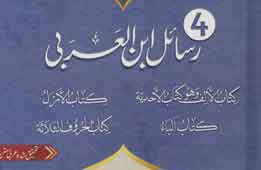
Rasail Ibn al Arabi – new editions
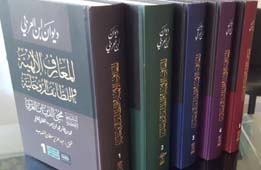
Critical Edition of Ibn ‘Arabi’s Diwān
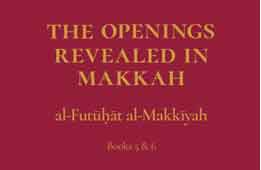
The Openings Revealed in Makkah
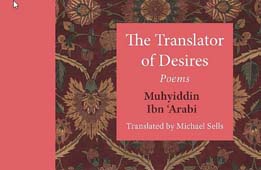
Translator of Desires – Michael Sells
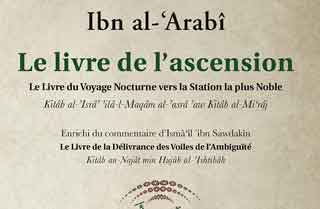
Ibn al-‘Arabî – Kıtâb al-’Isrâ
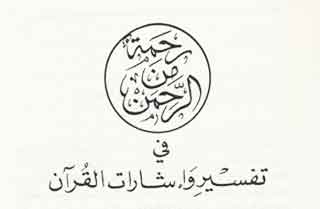
Shaykh Mahmud Ghurab

From Chapter 52 of the Futūhāt

Michel Chodkiewicz – A Legacy
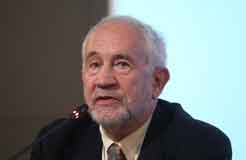
Discovering Compassion
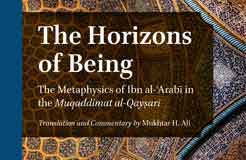
The Horizons of Being
Sufism and the Perfect Human
From Ibn ‘Arabī to al-Jīlī
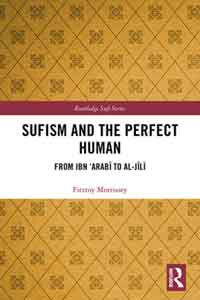
Published February 21, 2020 by Routledge, 176 Pages
The idea of al-insān al-kāmil (the ‘Perfect Human’) is a hugely significant one in the history of Sufism. Those who have studied the matter believe that its origins, as a concept and technical term, lie in the works of Ibn ‘Arabi.
Al-Insän al-kämil, or to give it its full title, al-Insän al-kämil fi ma’rifat al-awäkhir wa- al-awä’il (The Perfect Human in the Knowledge of the Last and First Things), is also the name of the best known work of ‘Abd al-Karim al-Jili. Details of Jili’s life are sparse, and have mostly been gleaned from his writings, which contain brief autobiographical details. He said he was born in Muḥarram 767/1365, that is, 200 years after Ibn ‘Arabi. He is thought to have died in the early 1400s. For most of his life he live in Zabid, in the Yemen, although he travelled extensively. In Zabid he became a student of a Sufi shaykh who was notable for his insistence on the study of Ibn ‘Arabi’s works. He was certainly very familiar with the works of Ibn ‘Arabi, but also a person of profound spiritual experience, who spoke from that experience, and in that respect he sometimes takes a position which he says is different from Ibn ‘Arabi.
Albert Hourani in his History of the Arab Peoples, published in 1991, said that “The idea of the ‘Perfect Man’ (al-insan al-kamil) put forward by Ibn ‘Arabi was carried further by one of his followers, al-Jili…”
Fitzroy Morrisey, the author of Sufism and the Perfect Human, writing as a historian of ideas, calls al-Jili a ‘Sufi metaphysician of the Ibn ‘Arabian tradition’, and goes on to spell out what he means by ‘Sufi’, ‘metaphysician’ and ‘Ibn ‘Arabian tradition’. He says that al-Jili ‘can justifiably be regarded as one of the most important Sufi theorists of the medieval Islamic intellectual tradition.‘
In his doctoral thesis, Morrissey quotes ‘Abd Allāh al-Bosnawī. who lived some 200 years after Jili, who wrote that Jili was “the gnostic of his time (‘ārif zamānihi), the majestic, realising shaykh (al-shaykh al-muḥaqqiq al-jalīl), who tasted the tastes of the forms of knowledge of the levels and the path (al-dhā’iq adhwāq ma‘ārif al-marātib wa-al-sabīl), the possessor of exalted taste (ṣāḥib al-dhawq al-‘alī),”
In the Introduction to his book, Morrissey explains the aim of his book:
“… while Ibn ‘Arabi’s idea of the Perfect Human has been treated in several modern studies, little attention has in fact been given to the precise nature and specific qualities of al- Jili’s treatment of the idea. As such, we have little idea of the history of the idea of the Perfect Human in the two centuries between Ibn ‘Arabi and al-Jili, or of the exact nature of the latter’s ‘development’ of this Ibn ‘Arabian idea. The distinctive elements of al-Jilis idea of the Perfect Human, in other words, have largely been overlooked or forgotten, and his thought has instead been blurred into a common Ibn ‘Arabian or ‘Akbarian’ tradition. It is the goal of this book, then, to unravel the distinctive qualities of al-Jili’s treatment of the idea of the Perfect Human, and of his thought more generally, and in so doing to tell the history of the idea of the Perfect Human.”
There is a substantial extract from the book on Google Books [/], and more about al-Jili in the two-part article by Claude Addas on this site, “At the distance of two bows’ length or even closer”.
